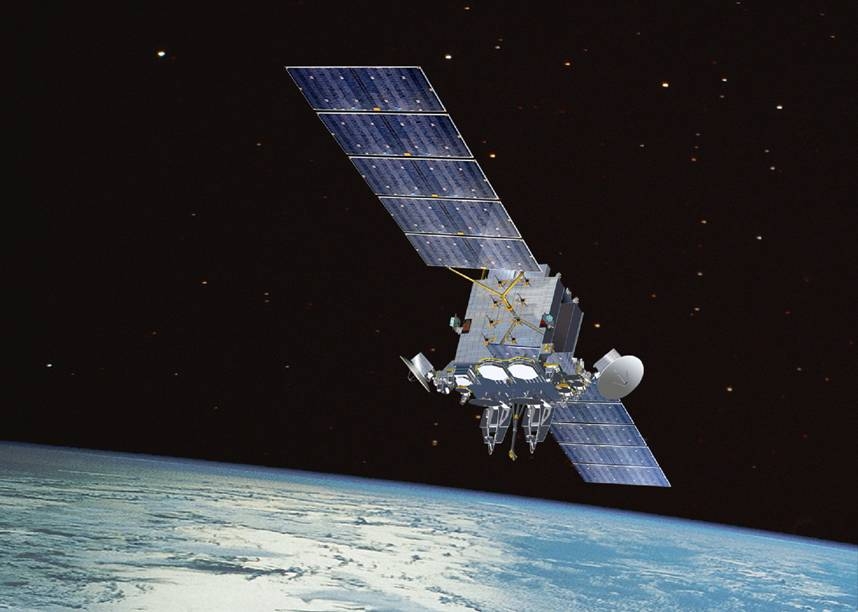The air belongs to everyone; the best things in life are free.
Maybe not. Air space, air quality, and aerial views are subject to ownership, pollution, and obstruction today.
When space exploration began, we felt a thrill seeing Earth as a whole sphere. Consciously and unconsciously, this created the sense that humans are bound together on this planet in common consequences. But our own human nature doesn’t fully understand our interconnectedness. Space exploration became the space race.
When the first satellites went up, bringing us images of weather patterns and ocean currents that played supra roles in the drama of nations, we received a larger context. I was hopeful that these images, beyond rhetoric and beyond political philosophies, could create a unifying awareness of our fragility and need for cooperation.
My wish was that a space perspective would engender a set of laws between nations creating a common purpose girded by space law. Like admiralty law controls how the oceans are governed— accommodating for navigation, fishing rights, territorial waters—I believed we could evolve to develop more comprehensive, more beneficial principles to oversee space.
It was particularly painful to see my dream die.
First China shot down its own satellite to demonstrate that they could—and to show they might use that power against others as well. The USA and Russia have done the same. And now India joins that pack. In March 2019, India shot down its own satellite.
Think of the debris from each of these smatterings. The pieces of the blasted satellites will float on and on. There are no vacuum cleaners in space. Obstacles are dancing around the same orbit in which the space station and working satellites fly.
What strikes me about this bullet to my dream is that blowing up a satellite is not conquering territory in the classic sense. It is destroying another country’s ability to communicate. The life or death of information and communication are now more vital than citizens’ life and death.
When I think about military history, information lines were always a critical target, from capturing runners to blowing up bridges to encryption messages. So maybe it is only the technology that has changed, not the way we proceed. Maybe the costumes of our offenses and defenses have changed, but not the narrative of the play we call history. Still, it hit me like a thud, that the wild blue yonder does not belong to everyone.
It belongs to the latest technology.

